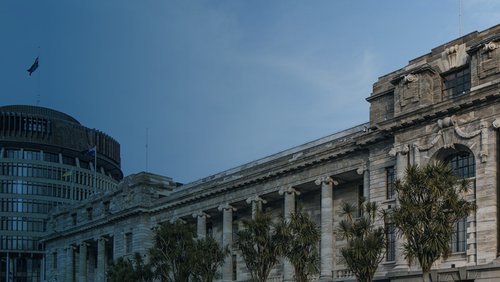6 Jun 2024
Infrastructure investment is a strong focus in last week’s Budget announcement.
New Zealand’s infrastructure deficit has been a long-standing problem, often exacerbated by a lack of long-term planning and funding pipeline. The 2024 budget includes funding across a number of sectors to develop and maintain infrastructure, with notable investments in roading, rail, resilience and repairs, and schools.
Key investments include:
- $1.2 billion for the Regional Infrastructure Fund, including $200 million for flood resilience infrastructure.
- $2.68 billion for roads, rail and public transport, including 17 new Roads of National Significance and funding for the Rail Network Investment Programme.
- $1.5 billion to improve and expand school and kura properties.
- $408 million to upgrade Defence equipment and infrastructure.
- $103 million to meet emerging cost-pressures in Health NZ’s infrastructure pipeline.
The budget also includes $5 million to fund the new National Infrastructure Agency to connect domestic and offshore capital to New Zealand’s infrastructure projects.
The government is establishing a 30-year National Infrastructure Plan, as well as reintroducing a fast-track consenting process and reviewing options to further speed up infrastructure consenting across all projects.
Steps to improve infrastructure planning and clarity around funding are positive. However, Engineering New Zealand remains concerned that New Zealand’s primary, intermediate and secondary education system is not producing enough graduates to fill tertiary engineering training numbers and, as global markets for talent tighten, we cannot rely on immigration to fix our long-standing challenges with the engineering pipeline. It’s estimated we need 2,300 new engineers a year, but all indicators are that supply will not match that demand.
Working with the Government to identify and implement solutions to address the looming capability crisis is a focus within Engineering New Zealand’s work programme.







